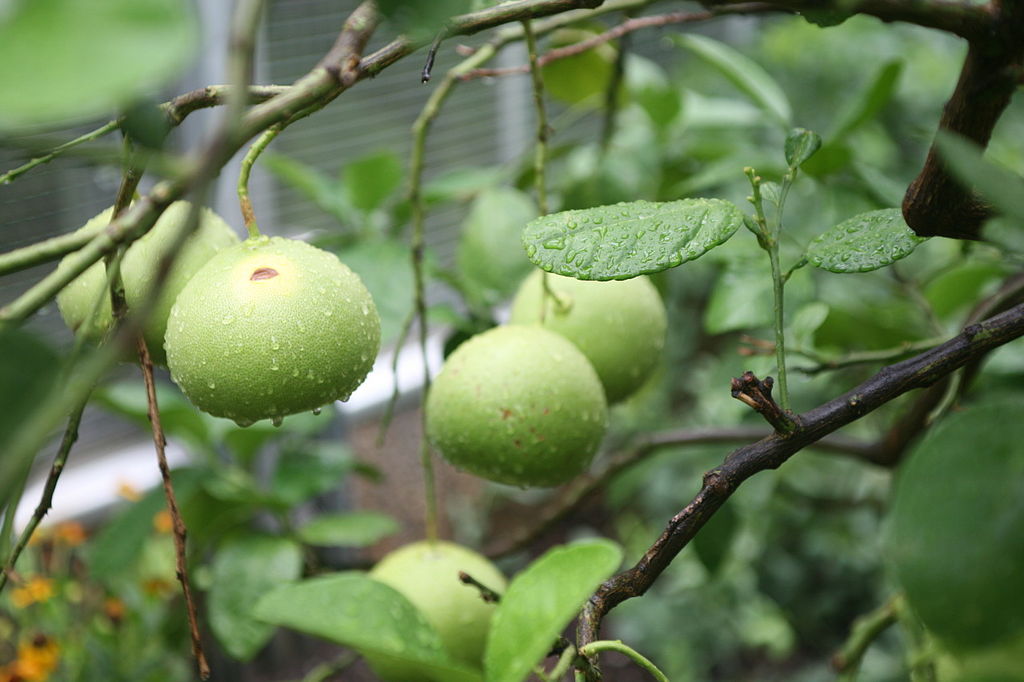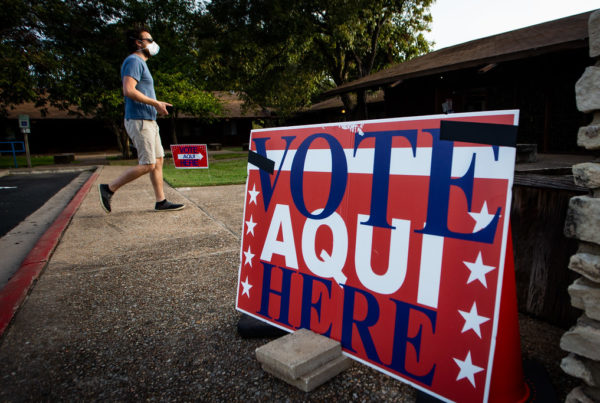Grocery stores are selling more imported grapefruits than normal, due to damage that Texas grapefruit trees sustained during Winter Storm Uri.
The quality of the imported fruit has some Texas growers worried about their long-term market though, thanks to a rule change by the U.S. Department of Agriculture.
Luis Ribera, professor of agricultural economics at Texas A&M, spoke with Texas Standard about what this means for the future of grapefruit growers in the Rio Grande Valley. Listen to the interview above or read the transcript below.
This transcript has been edited lightly for clarity:
Texas Standard: Tell us a little bit more about these concerns that Texas grapefruit growers have about the fruit that’s coming in from Mexico right now.
Luis Ribera: The freeze hurt our citrus producers in the Valley quite a bit. So it’s expected that we’re going to get some imports from other parts of the world. And Mexico is our main supplier. But the issue here is not just getting them from Mexico or South Africa – we also import quite a bit from them. It’s just these suspension of the juice content requirement. That’s a big issue.
Our producers, in order to sell fresh citrus, have to pass some quality standards. Well, back in April of this year, USDA decided to suspend that juice content requirement for imports. Not for local production, but for imports. So basically, that’s the that’s the complaint about our Texas producers. Now we’re held to a different standard then imports. And when you import products that are substandard, you’re going to hurt your consumers, and your demand.
Texas Standard: This is a temporary suspension of that rule, right? Is it going to go back to the way it was at some point?
We don’t know. And just talking to industry, they’ve talked to their representatives, and I talked to USDA, and they’ve heard that this was part of the changes in the USMCA trade agreement. So there’s a lot of contradictory information there. We really don’t know what’s going on. But the issue right now that they’re facing is that if consumers are getting a fresh grapefruit from other parts of the world and they’re not held to that quality standard, they’re going to lose those consumers. And not only for this year, but for the long term.
Texas Standard: If Texas is supplying superior grapefruit, wouldn’t that mean that there would be a premium, perhaps for grapefruit growers in Texas?
Not necessarily because when you go to the store, there are not a lot of people that check where the produce comes from. They just want the produce at the time when they want it. And if they have a bad experience with having a fresh grapefruit, you might lose them even if it’s not a Texas-grown grapefruit. So that’s a concern. And the other thing is that it’s unfair to our producers to have to maintain that quality, and then we’re getting lower quality inputs.
It was expected that imports were going to increase because we’re not producing as much as we used to in a normal year. But the issue again, is just unfair competition from imports, and that’s a problem.
Texas Standard: Do you have any estimates on how much revenue Texas grapefruit growers may be losing because of this rule change or how it’s affecting people’s jobs or livelihoods?
We did an analysis on the economic impact of losing those that market to Mexican imports. Remember that we also import quite a bit from South Africa. But for the Mexican imports, the total economic loss is about $70.5 million. And that include farm gate sales so far of grapefruit, as well as direct and indirect impact. And also, that means a little bit over 1,000 jobs.
Texas Standard: Could this affect Texas’ grapefruit industry long-term?
Yes, because of the unknown. Right now, producers are trying to get their trees back up to production. They’re basically investing a lot of money in fertilizers and trying to take care of their groves, so next year, they can get good production. They’re putting a lot of money in and not getting much in return because production went down by about 50%. And then if these unfair practices keep happening, I don’t know how much of an incentive the producers will have to continue producing in order to be sustainable long run.














